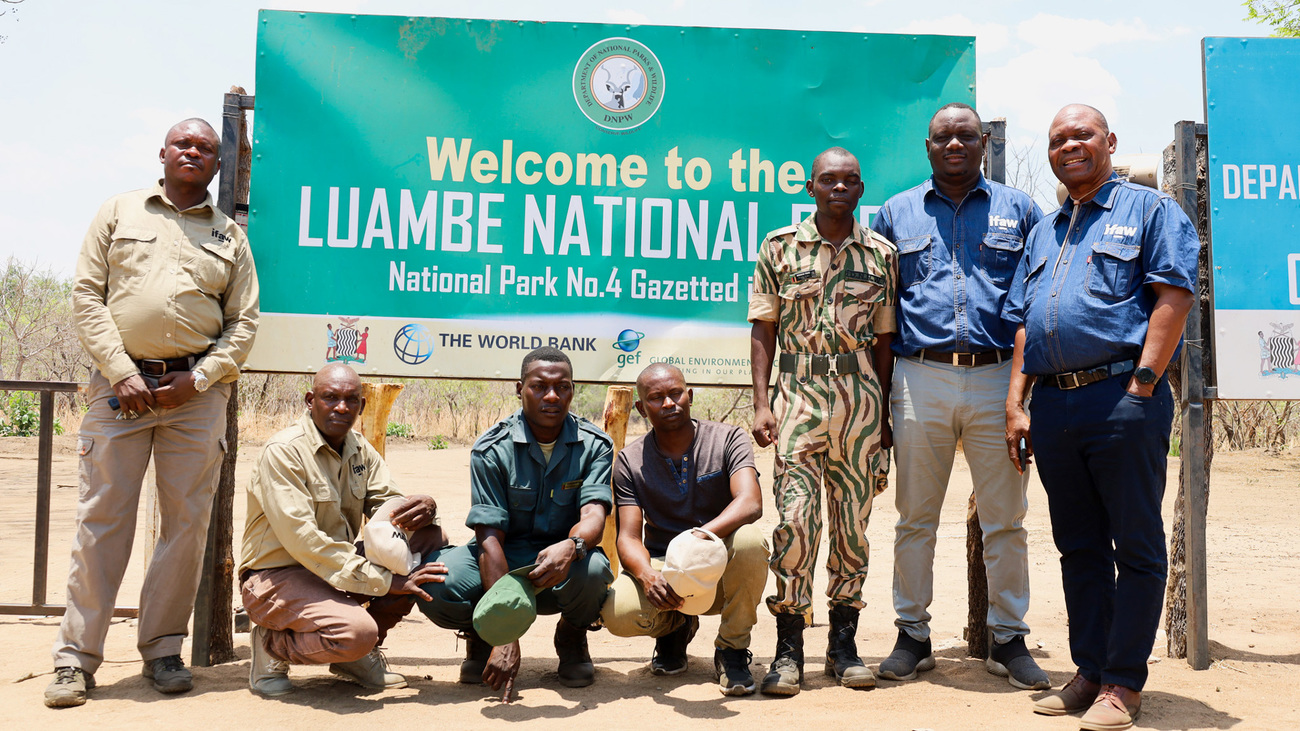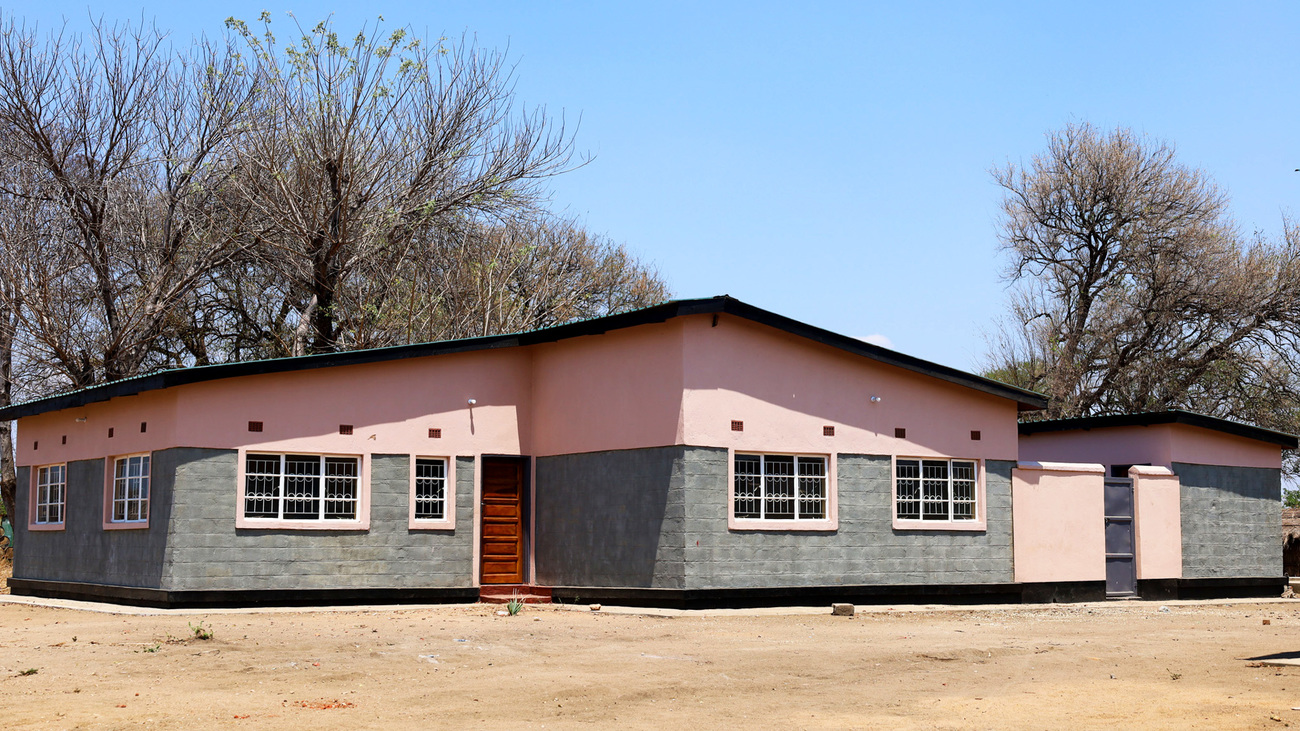Patricio Ndadzela
Behind the badge: the silent challenges facing wildlife rangers
Behind the badge: the silent challenges facing wildlife rangers
In October 2020, unrest swept through the usually peaceful Mukaya Village close to Lukusuzi National Park, Zambia, when news broke that a poacher had been apprehended during a patrol by wildlife rangers.

The arrest ignited fury among the suspect's relatives, who rallied fellow villagers in a heated demonstration against the local wildlife officers.
Tensions escalated, culminating in a shocking act of retaliation when an angry mob set fire to the homes of wildlife rangers. The villagers viewed the arrest as a denial of their access to natural resources.
‘It was terrifying,’ reflects 29-year-old Florence Mbale, a Community Scout with the Chikomeni Community Resource Board based at Lukusuzi.
Watching the flames engulf her fellow officer’s home, Florence says she realised she might be next. ‘I gathered every ounce of strength I had left and took off, sprinting towards the headquarters to hide and find help.’
For the young ranger, the incident will always be a reminder of the heartache and frustration that accompany her work. It’s just one of the myriad challenges that go unnoticed.
The psychological toll
Around the globe, approximately 1.5 million rangers tirelessly work to preserve the delicate balance of our natural ecosystems. Florence’s experience exemplifies the daily challenges and frustrations many rangers face.
Her colleague, Gift Mwale, a Wildlife Police Officer based at Lukusuzi, believes social exclusion from communities remains one of the biggest challenges.
‘Unfortunately, this exclusion often comes from the very people whose cooperation is essential for successful conservation efforts,’ says Gift.
A father of three, Gift explains that in addition to the taxing and tense community-ranger relations, being separated from family and loved ones during extended patrols takes an emotional toll.
‘While you try to concentrate on dealing with poachers, the weight of your responsibilities grows heavier with the longing for your children,’ he says. ‘All these sacrifices are made in the name of conservation.’
Putting your life on the line for wildlife
Protecting endangered species, ecosystems, and habitats also comes with a significant level of physical danger.
According to an IUCN report, 88.6% of rangers working in Africa reported encountering life-threatening situations during their duties. It is estimated that two rangers lose their lives in the line of duty each week, which translates to about 100 deaths each year.
Throughout Africa, and specifically in Zambia, we have observed that these courageous men and women often lack essential equipment, such as vehicles, and face difficult living conditions at ranger bases.
How IFAW supports rangers
Over the years, IFAW and its partners have made it their mission to ensure that wildlife rangers—our heroes in the fight against poaching—have the resources and support they need to discharge their mandate effectively.

In collaboration with dedicated partners, such as the Department of National Parks and Wildlife and the Community Resource Boards, we have committed ourselves to a crucial mission: to ensure that wildlife rangers are not only thoroughly trained but also equipped with the necessary resources.
At Lukusuzi, IFAW provides wildlife rangers with essential resources, uniforms, food rations, and well-equipped patrol vehicles that enable them to easily navigate the vast terrain. These contributions bolster ranger morale, encouraging them to protect the park’s rich biodiversity with commitment and vigour.
Lukusuzi is a vital area for IFAW’s Room to Roam initiative. It is strategically located within the Malawi–Zambia Transfrontier Conservation Area (TFCA) and provides essential passage for elephants migrating between Kasungu National Park and the Luangwa Valley.
The establishment of modern Chikomeni and Chipuka ranger bases reflects IFAW’S commitment to supporting rangers with a comfortable, well-equipped environment when they return from patrol. These bases effectively enhance their ability to conserve and manage Zambia’s rich natural resources.
Related content
Our work can’t get done without you. Please give what you can to help animals thrive.